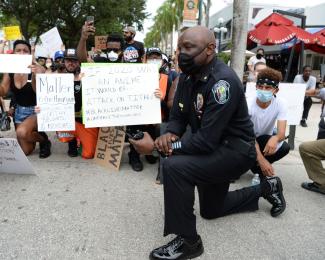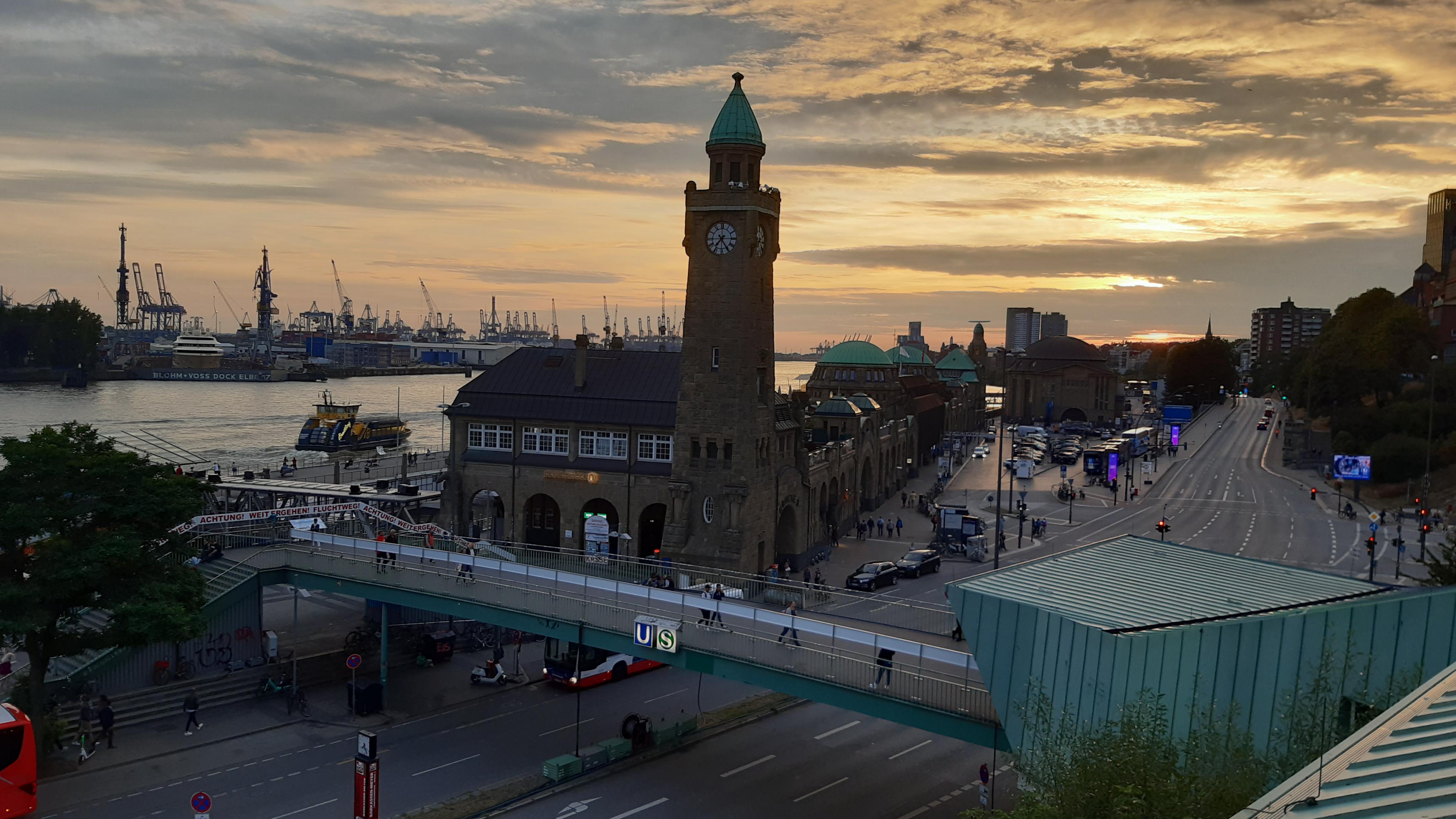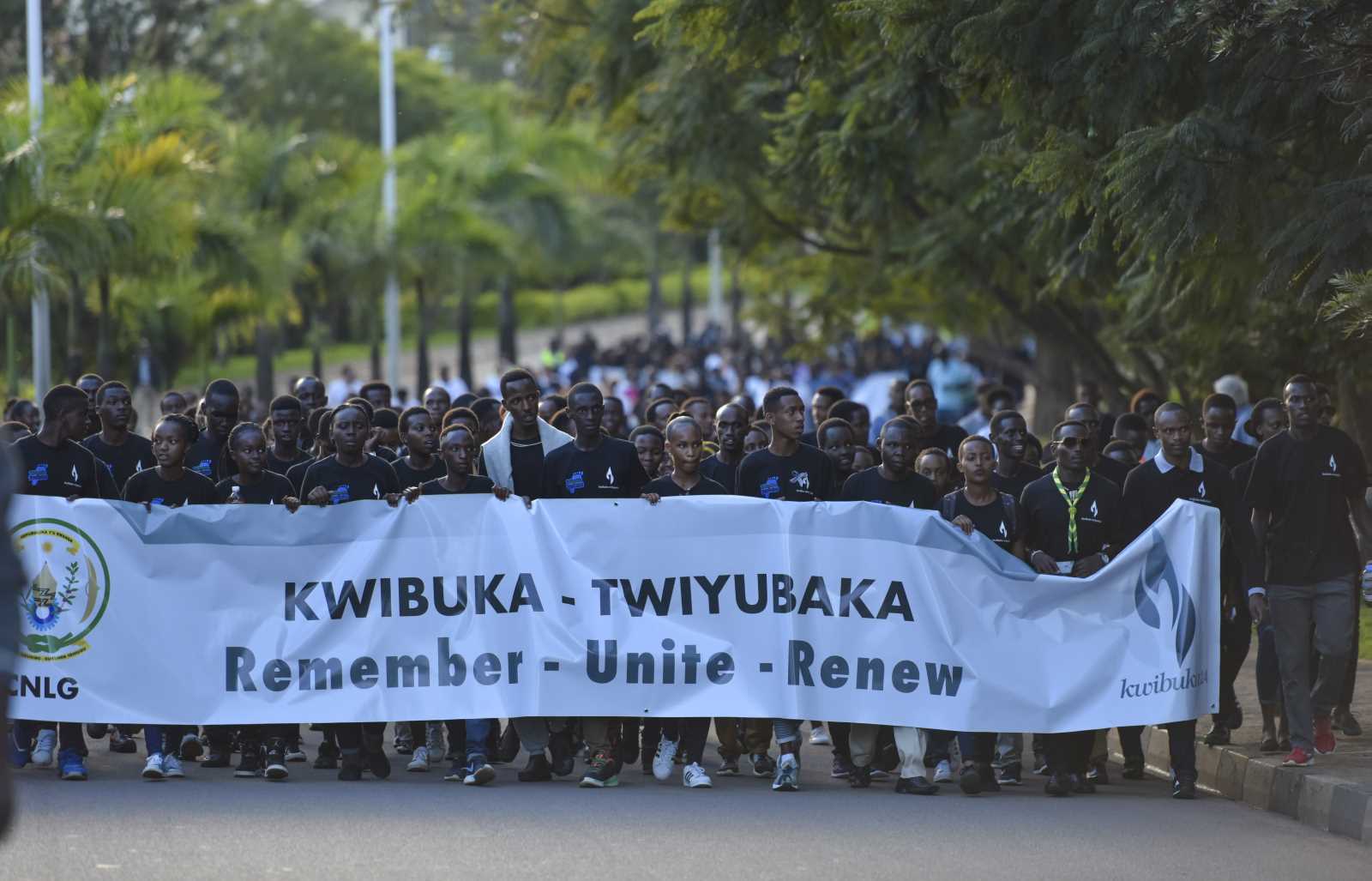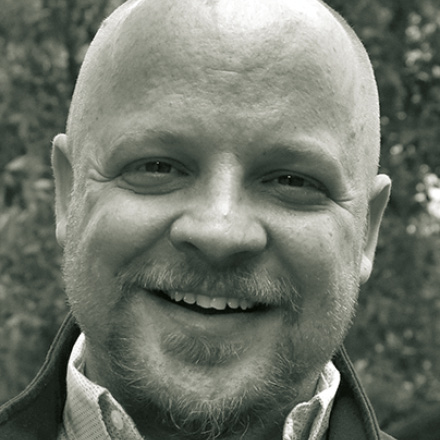Our view
Decoupling prosperity from skin colour

Systemic racism means that members of certain communities – for example, those with darker skin colours – stay poorer than those of other communities and do not get the same opportunities in the education system, employment or the housing market. Often, the legal system puts them at a disadvantage too. In particularly bad cases, deadly violence is perpetrated by the police, whose official duty is to „serve and protect“. Shocking examples in the USA gave rise to the Black Lives Matter movement, and its global spread illustrated the global reach of racism last year.
Even smaller and far less obvious offences cause harm. A person’s self-confidence can be undermined by casual slurs on schoolyards, streets, the fitness studio or public transport. People who are constantly treated as though they were second-class, are likely to eventually behave accordingly.
One reason systemic racism is so persistent is that members of marginalised communities are largely denied positions of power. Not always does racism affect minorities. South Africa’s apartheid regime put the white minority in control. Even today, the majority of people in many Asian countries have darker skins than the elite. Given that the interests of the oppressed stay neglected, very little changes.
This vicious circle must be broken, and legislation is an important tool for doing so. Before the law, everyone must be equal. Affirmative action, which reserves quotas in employment or higher education for members of marginalised communities, can help to reduce inequality in regard to opportunity. The downsides are that:
- it only facilitates individual upward mobility, without lifting up the entire community, and that
- it can breed resentment among those communities who do not benefit.
It is up to policymakers, law courts, business leaders and civil society to establish equal opportunity. We must uncouple prosperity from skin colour. Social-welfare policies tend to be most accepted if they do not only benefit a particular disadvantaged community, but are basically available to anyone who is in need. Universal social protection tends to work best. An applicant’s personal background, skin colour, ethnic or religious affiliation or gender does not matter, as everyone is eligible in principle. Nonetheless, disadvantaged communities benefit in particular, because the share of the needy among them is disproportionately large.
Racist attitudes are often deeply entrenched and prevalent even among people who are convinced they are not racist themselves. Awareness raising is needed to reduce ignorance and promote empathy. It is telling, for example, that anti-Black attitudes in Germany are most prevalent in those regions where hardly any Black people live. But even as societies open up, some persons will stay racist. We must not let them bear arms or control the levers of power. Restricting their influence is not “reverse racism“. To protect human rights, we must prevent the empowerment of those who deny other people’s human rights.
Katja Dombrowski is member of the editorial team of D+C Development and Cooperation / E+Z Entwicklung und Zusammenarbeit.
euz.editor@dandc.eu











